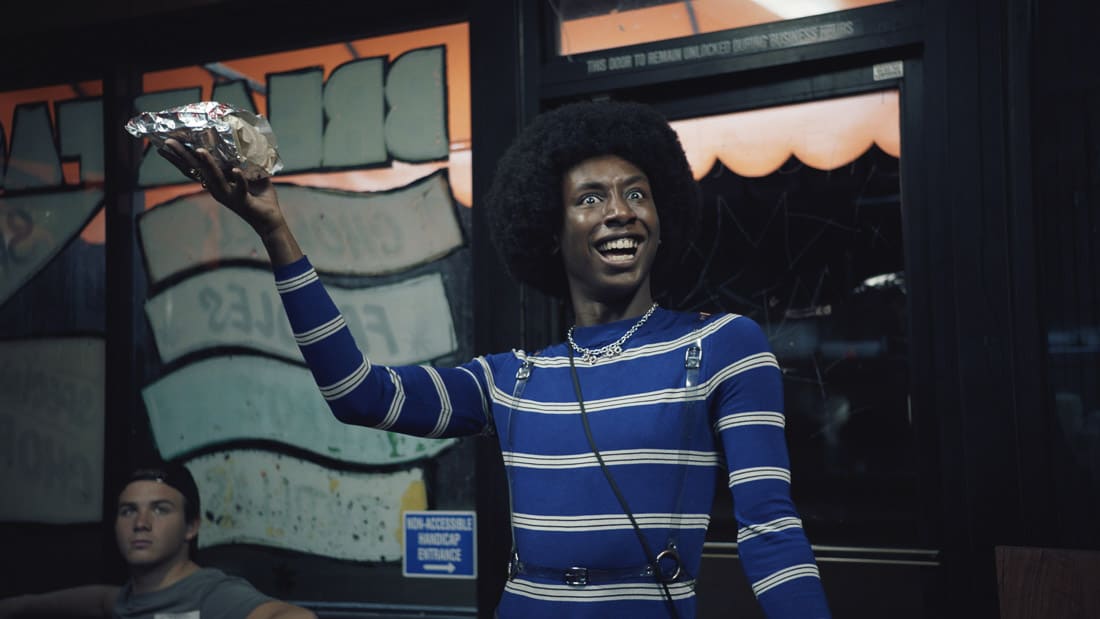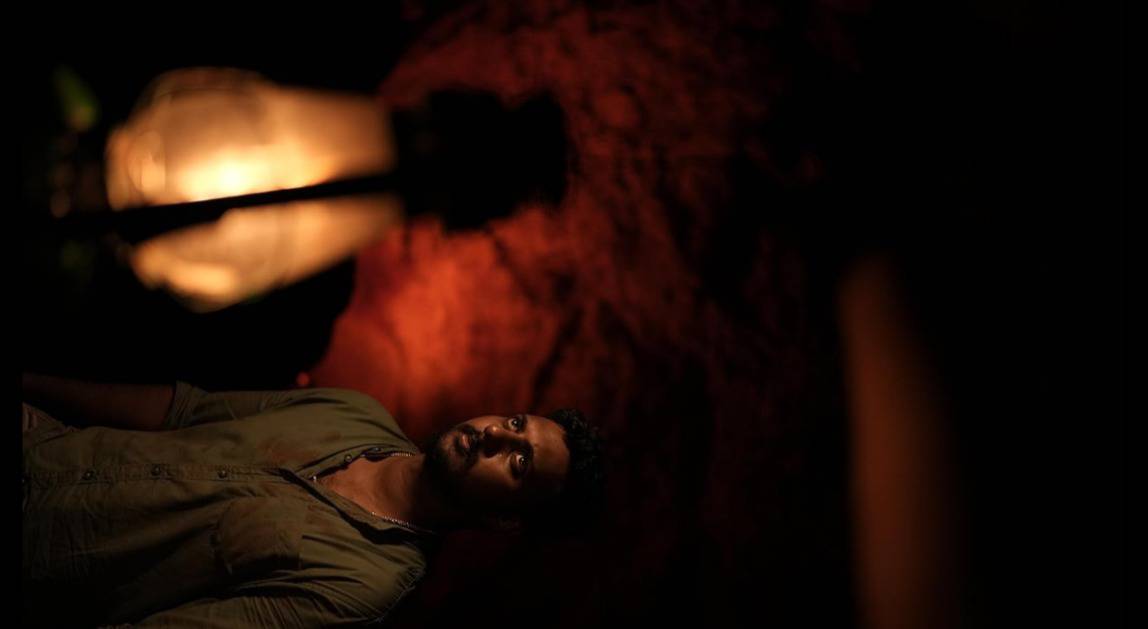I have to admit, although I am a big fan of Kim Ki-duk's films, his latest efforts have not satisfied me at all. After the trouble he had with “Moebius,” he has toned down, to the point that his films have lost the shocking element that made them so special. “The Net,” however, seems like an effort to return to his roots, although not fully realized.
“The Net” screened at Art Film Fest Kosice
The net of Chul-woo, a poor North Korean fisherman, is caught in the engine of his boat, and accidentally, he drifts into South Korea. The authorities arrest him and start interrogating him brutally, as they also try to make him defect. His situation is worsened by his main interrogator, who seems to harbor an intense hatred for North Koreans. On the other hand, a younger agent named Jin-woo, who is assigned to him, is much kinder, and even helps him with his situation.
Kim Ki-duk deals with the issue of the two Koreas, as he presents the way the two countries deal with their people, which, as the story progresses, does not seem so different. The symbolism of the fisherman and his net is quite obvious, as it signifies how people are caught in the net of their government's tactics, not being able to get out, no matter how hard they try, just like the fish who get caught in the net. This comment extends to the concept of the living standards, and despite the fact that Kim eloquently depicts the differences between the South and the North, through a phrase Jin-woo utters, “Freedom can't guarantee happiness.”
An additional point regards the hypocrisy of the authorities of both countries. S. Korean have adopted a seemingly more reserved stance, due to civil rights protesters, but are always eager to forget it when one is suspected of being a spy. The facts that the Interrogator, whose predilection for violence against N. Koreans is known, and the tactics they use to make him abolish the N. Korean regime, are distinct samples of this tendency. On the other hand, the hypocrisy of the North is presented through the constant patriotic acts and procedures, which everybody knows are just for show but continue to follow them, at least to the point that serves them.
The main part of the movie focuses on his interrogation, and his overall treatment by the S. Korean authorities, as Kim uses a good guy-bad guy approach to highlight the situation Chul-woo is in, the hopelessness of which is eloquently depicted by the first sentence his interrogator utters, “Write down everything it happened since the day you were born”. The “bad” interrogator is one of the most tragic figures in the film, particularly due to the reasoning for his behaviour and the conclusion of his dealings with Chul-woo. On the other hand, Jin-woo's behaviour is not justified at all, with the exception of some memories of his North Korean grandfather, which are not enough, in any way, as reasoning for him putting his life and career on jeopardy for a man he does not know. My take is that Kim wanted to present a positive element for S. Korea, and this is the purpose this character serves. The same, though, applies to the other side, with the soldiers in the guard post before the place Chul-woo fishes being sympathetic of his situation, even despite their orders.
Another issue with the film is that Kim's point, particularly regarding the S. Korea side is demonstrated quite early, and the film lags a bit, before the transition to the other side. Some glimpses of his early style are still visible, as with the unexpected and almost completely out-of-place humor, with the posters in N. Korea, the reaction of his daughter to her parents having sex right next to her and with Chul-woo's effort to keep his eyes closed in his trip to an urban setting in S.Korea. The presence of a prostitute also moves towards the same direction. However, the fact that Kim has turned away from the violence that used to permeate his films becomes rather obvious in two violent sequences during the interrogation, both of which happen behind closed drapes, with only their outcome becoming visible.
Kim Ki-duk's own cinematography presents some images of extreme beauty, in the scenes where Chul-woo is in his boat, while the sense of claustrophobia of the two interrogation premises is communicated quite well.
Ryoo Seung-beom is great as Cheul-woo, as he manages to present many different statuses, from happiness to despair, from determination to abandonment. The fact that he presents Kim's subtle humor at a number of scenes is one of the highlights of his performance. Kim Yeong-min is equally good as he exemplifies the Interogator's sinister but sad persona. Lee Won-geun as the “good cop” is also good, with his physique helping him present an unjustifiably good character.
“The Net” had all the potential to become a masterpiece, with the script, acting, and cinematography being on a very high level. However, some issues with the editing that make the film last for too long and Kim Ki-duk's recently found restrain prevent it. Definitely deserves a watch though, since its comments and their presentation are quite interesting.


















